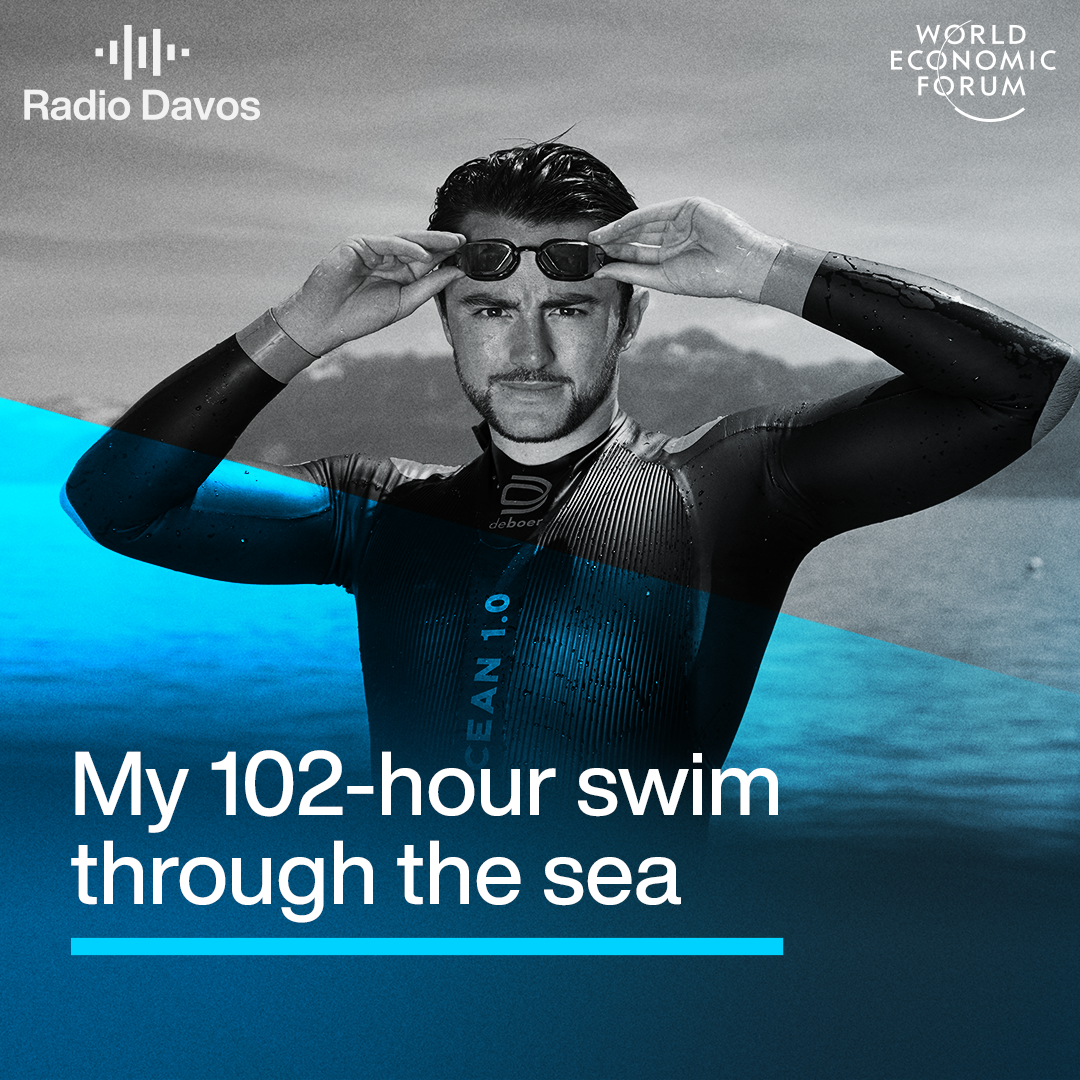At this Italian bookshop, children swap their recycling for something to read

The project gives books purchased by donors to children under 14 years of age, in exchange for one empty plastic bottle and one aluminium can. Image: REUTERS/Nicky Loh
Would you swap your recycling for a book?
Sounds too good to be true? Well, that’s what one bookseller in Italy is offering children, with a plan he hopes will become a blueprint for raising environmental awareness while fostering a love of reading at the same time.
In the southern town of Polla, the project gives books purchased by donors to children under 14 years of age, in exchange for one empty plastic bottle and one aluminium can.

Book-store founder Michele Gentile told CNN he considers the donated books to be libri sospesi or “suspended books,” an idea that builds on a World War II tradition where coffee-bar customers paid for two coffees, the second as an anonymous gift for the next person in need.
“I hope the initiative becomes so viral that it affects the whole country,” Gentile told CNN.
Raising awareness
His idea builds on a growing awareness of single-use plastics and their detrimental environmental impact. Plastic packaging accounts for 26% of the total plastics market, according to a World Economic Forum White Paper. While its benefits include convenience and performance, the majority is designed for single use and only around 14% is collected for recycling.

The impact on the planet cannot be overstated – plastic waste takes up to 500 years to degrade and about 8 million tonnes end up in the oceans each year.
Circular economy
Reducing this wastage and moving toward a more circular economy was on the agenda at the Forum’s Annual Meeting in Davos, where it was agreed that leadership, innovation and commitment are needed to break the status quo. As well as supporting the natural world, creating a circular economy represents around a $4.5 trillion global growth opportunity by 2030.

The white paper focused on how technology and innovations can help reduce the burden, including improving materials so that more is recyclable, smart sorting of waste so less ends up being thrown away and using the Internet of Materials to input data to extended producer responsibility (EPR) schemes.
“These possibilities have yet to be fully leveraged,” the authors wrote. “At the same time, with the right channelling of effort and innovation, they can take hold quickly.”

The Dutch plastic packaging EPR scheme, Afvalfonds Verpakkingen, is cited as an example of this, using data to introduce a differentiated EPR fee for plastic packaging. The scheme works with the manufacturer’s design administrators to audit packaging designs, and rewards manufacturers with more recyclable packaging with a 40% reduction in fees.
Ideas spread
Given the scale of the plastic problem, it’s clear that we all need to play a part in cutting down if we want to make a difference and Gentile is hoping similar ideas to his will be adopted elsewhere.
“Imagine if this becomes a small game: every child in the world swaps a plastic bottle and a can for books,” he told CNN. “I know it's just a dream, but why not do it?”
Don't miss any update on this topic
Create a free account and access your personalized content collection with our latest publications and analyses.
License and Republishing
World Economic Forum articles may be republished in accordance with the Creative Commons Attribution-NonCommercial-NoDerivatives 4.0 International Public License, and in accordance with our Terms of Use.
The views expressed in this article are those of the author alone and not the World Economic Forum.
Stay up to date:
Future of the Environment
Related topics:
Forum Stories newsletter
Bringing you weekly curated insights and analysis on the global issues that matter.
More on Nature and BiodiversitySee all
Simon Torkington and David Elliott
November 27, 2025






